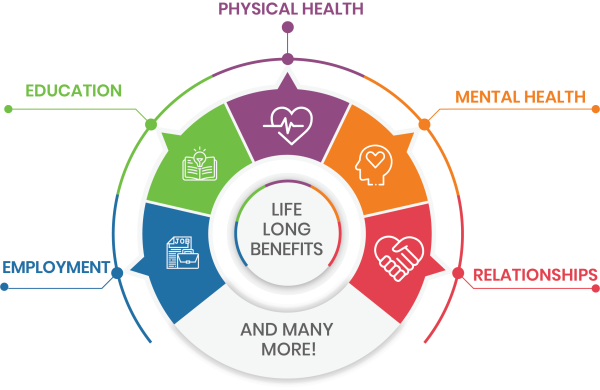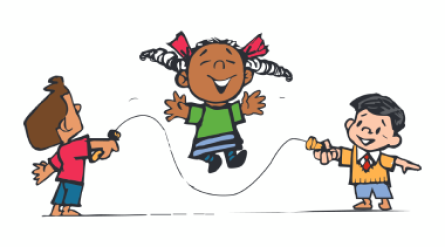
The ENGAGE approach develops children’s self-regulation skills through intentional play – with games and skills grouped into three domains: emotional (feeling), cognitive (thinking), and behavioural (doing). ENGAGE is a simple, fun, adaptable approach, with an intentional focus on supporting children to develop vital self-regulation skills that they need to thrive at school and later lead healthy and fulfilling lives as adults.
Methodist Mission Southern is currently delivering the ENGAGE programme to hundreds of early learning services all over Aotearoa. In 2023, the Government announced that the Ministry of Education would fund an expanded roll-out of ENGAGE to reach 1,830 more early learning services by 2027.
ENGAGE was created by Professor Dione Healey (University of Otago). It is an evidence-based programme that has undergone several research trials in Aotearoa with a diverse range of tamariki. Through these research trials, ENGAGE has demonstrated statistically significant improvements for children’s self-regulation skills, including reductions in hyperactivity, aggression and peer problems, and improvements in attention, behavioural regulation and emotional regulation – with gains maintained for extended periods post-intervention.
ENGAGE is a highly-scalable, culturally responsive, low-cost approach to supporting children with their self-regulation skills, that has been designed specifically for Aotearoa-based early learning services and primary school settings. ENGAGE is delivered across the country by a team of trained facilitators with considerable experience as teachers and specialist learning providers.
Delivering ENGAGE in early learning services and primary school includes:
- Interactive training workshops for full teams of teachers/ kaiako
- Access to the ENGAGE games and resources (with te reo Māori resources available)
- Ongoing, relationship-based support from facilitators to ensure effective implementation
- Ongoing professional development and networking opportunities
What is Self-Regulation?
Self-regulation helps us manage our emotions, thoughts and behaviours, and these skills help children and adults to perform important tasks every day. This includes remembering instructions, filtering out distractions, juggling multiple tasks at once, persisting with tasks when they are difficult or frustrating, resisting the temptation to do something that might not be good for us, waiting for something we want, taking turns, working well with others, dealing with difficult or intense emotions, recognising and managing our feelings and many more!
Self-regulation is a skill, and skills can be improved with practice. People with strong self-regulation skills make better decisions more often and can function more effectively in a wider range of situations. This leads to more positive outcomes across their lifespan. All tamariki will benefit from support to develop their self-regulation skills, but research shows that the tamariki who benefit the most are often those from environments with higher levels of stress or neglect – as their cognitive systems are often ‘running hot’, which inhibits their self-regulation development.
Developing self-regulation skills in the early years of life is now widely understood to be one of the most important interventions for societal wellbeing – with major impacts on a wide range of childhood, youth and adult life outcomes including physical and mental health, education and employment, criminality, substance use and future parenting outcomes.
If you would like to get in touch, please feel free to email us: enquiries@engageplay.co.nz

